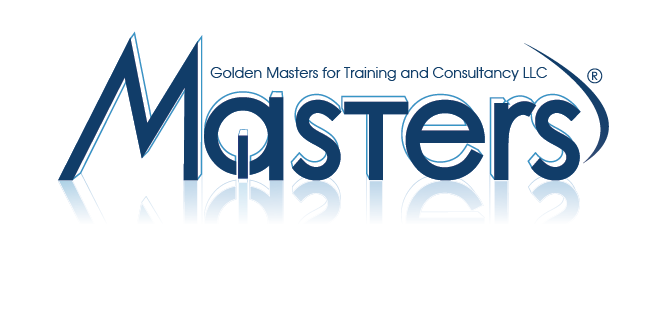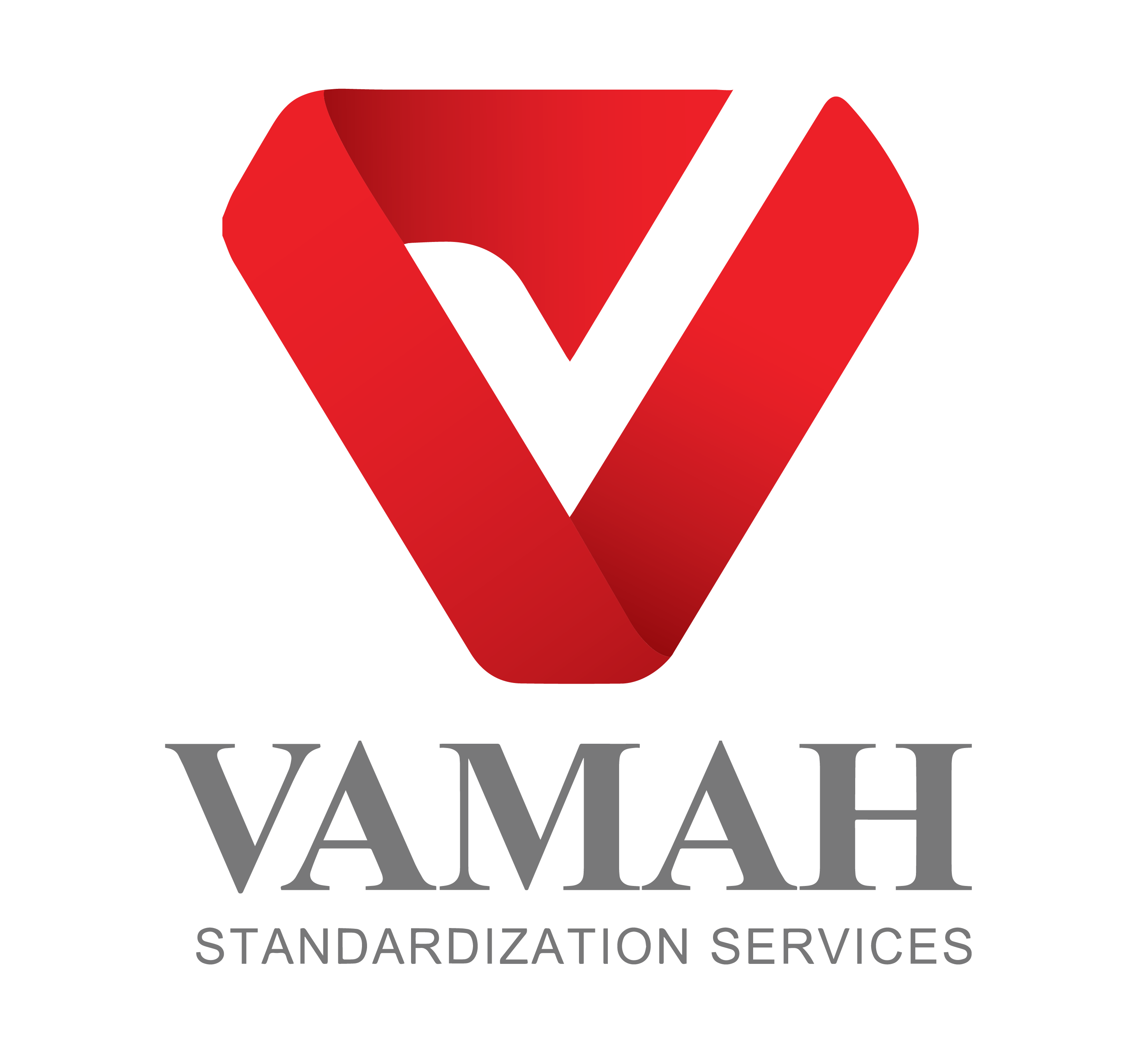This program is designed for engineers and technicians from a wide range of abilities and backgrounds and will provide an excellent introduction to the fundamentals of Heating, Ventilation and Air-conditioning.
It commences with a review of psychometric charts and then examines the factors that influence design choices, indoor air quality, load calculations and heating/ventilation and air-conditioning systems. Numerous tips and tricks throughout the program make it very practical and topical to your applications.
Ether it is a small warehouse or a complex hi-rise building, there is an increasing demand by Owners and Engineers to design and install the HVAC & R systems in a more efficient and cost-effective manner. Due to the on-going advances in HVAC & R technology, this demand is becoming a must and often controlled by new governmental regulations and engineering codes.
Realizing this need and the importance of the subject. Masters is introducing this specialized program concentrating on two important subjects:
The details of heat load calculations, selection of appropriate equipment/system and the design of the ducts and piping networks.
A comprehensive design case study of a complete cold store including heat loads of individual rooms and the total cold store, selection of the appropriate equipment, design of the best layout including handling areas.
By the end of this program, participants will have enough knowledge to implement their daily assignments correctly and professionally.
Course Objective:
The aim of this program is to provide the participants with a complete and up-to-date overview of the area of Heating, Ventilation and Air-conditioning (HVAC). It commences with a review of psychometric charts and then examines the factors that influence design choices, indoor air quality, load calculations and heating/ventilation and air-conditioning systems.
Numerous tips and tricks throughout the program make it very practical and topical to your applications. Upon the successful completion of this program, the participant will be able to:
- Maintain and troubleshoot HVAC systems
- Understand and apply the psychometric chart
- Design for good air quality
- Perform basic load calculations
- Initiate an effective inspection and maintenance program
- Minimize forced outages and prevent serious damage to HVAC equipment
- Provide an overview of the legislative requirements plus the essential steps and responsibilities for the maintenance and repair of HVAC Systems
- Outline the technologies available for the efficient energy management using HVAC systems
Course Certificate:
Masters certificate will be issued to all attendees completing minimum of 75% of the total tuition hours of the course.
Who Should attend
- Maintenance Engineers, technicians and staff
- Plant engineers
- Operation, maintenance, inspection and repair managers, supervisors and engineers
- Mechanical engineers and technicians
- Design engineers ,electrical engineers and technicians, consulting engineers
Course Outline
Day #1
1. HVAC Design, Maintain and troubleshoot
- Heat load of a room.
- Heat load of a multi room complex.
- The cooling capacity.
- The airflow rate.
- The fresh air requirements.
- The DX systems.
- The chilled water systems.
- Chilled water flow rates & piping sizing.
Day #2
2. HVAC Design
- Chilled water pumps selection.
- Building Management System and Control System
- DX system piping sizing.
Typical piping connections "DX units, chillers, pumps, AHU's and FCU's".
- Insulation thickness & the criteria for condensation prevention.
- Duct sizing
- Air filtration.
Day #3
3. Maintain and troubleshoot & Cold stores design
- The behavior of the fruit/vegetable after harvesting.
- How cold stores can extend the life of the products.
- How to decide the cold room dimensions
- The heat load of the cold room. (Chilling, frozen products, Potato and Onions)
Day #4
4. Cold stores design
- Pre-cooling. "Wet cooling".
- Selection of the refrigeration system components.
- The insulation panels and doors.
- The docks "Levelers, shelters and doors".
- Ventilation for potato and onions.
- Reference data and tables.
Day #5
5. Operation and Maintenance
· Documentation
· As built hand over package documentation after completion of installation
· Records and book keeping
· PMR forms "Preventive maintenance routines"
· Questions and answers
· Case study





